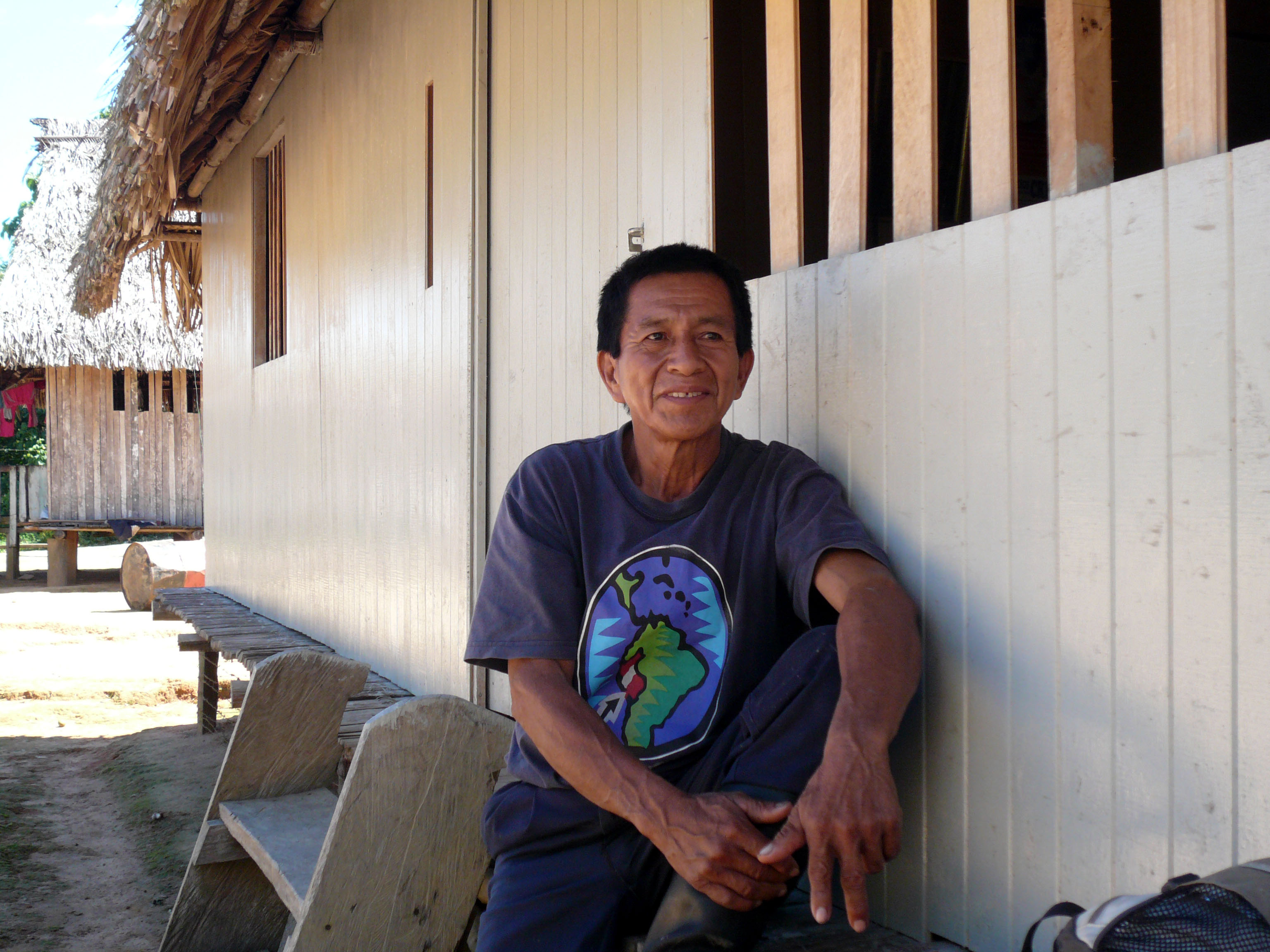Multilateral development banks (MDBs) and some national development banks play a central role in the approval of large-scale development projects, such as dams and forestry initiatives, which have had devastating effects on indigenous peoples and other local communities. The Center works to ensure that these financial institutions respect the environment and human rights of indigenous peoples in all their development activities.
For this reason, the Center is working to develop binding international law that can hold MDBs accountable for their human rights impacts. We also advocate for policy reform within MDBs – urging them to adopt a human rights-based approach to development – to promote the fulfillment of indigenous peoples’ human rights as a development strategy, and to align their policies and activities with international human rights standards. The Center engages with MDBs’ staff and management to convey the concerns of indigenous peoples; informs indigenous leaders on critical policy developments; provides legal assistance and training to Indian communities and organizations so they can protect their environments and communities from harmful development projects; and encourages greater engagement by the United Nations in monitoring the activities of MDBs.
The Center is also exploring avenues to make national development banks, such as the Brazilian Development Bank, comply with Brazil’s international human rights obligations arising from ratified treaties and customary law and develop policies to properly prevent harm to the environment and human rights of indigenous peoples.

